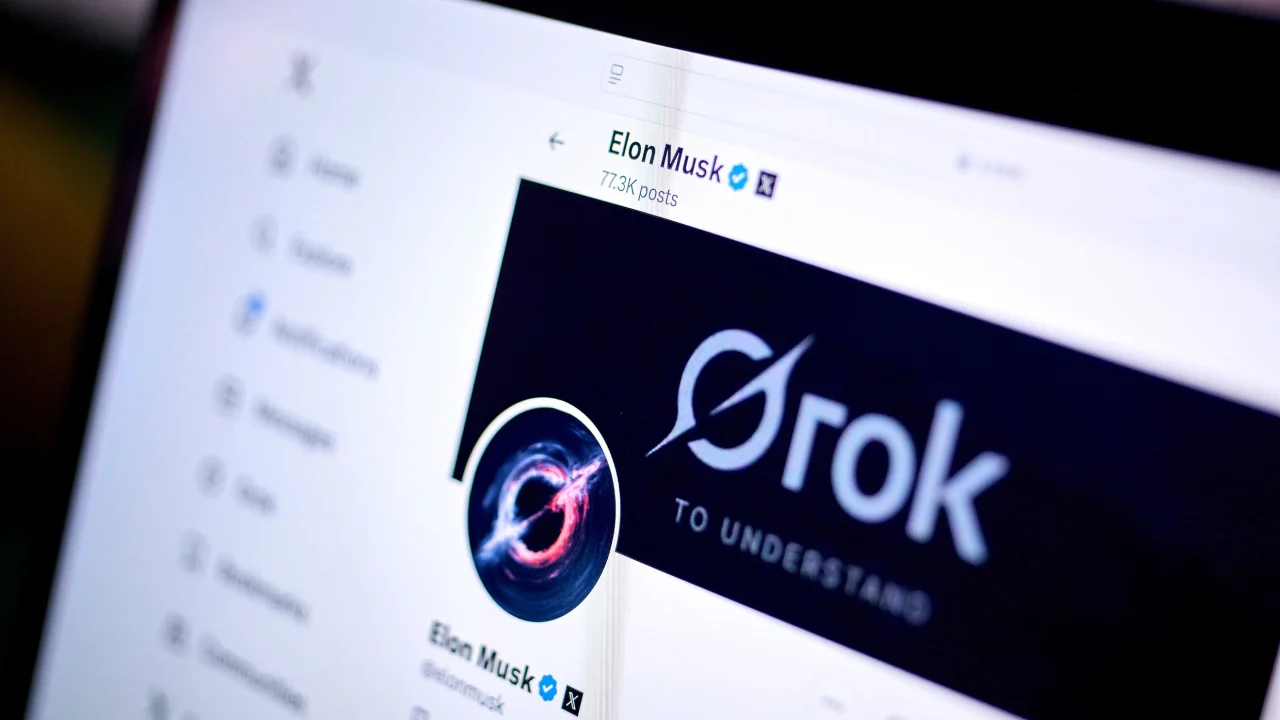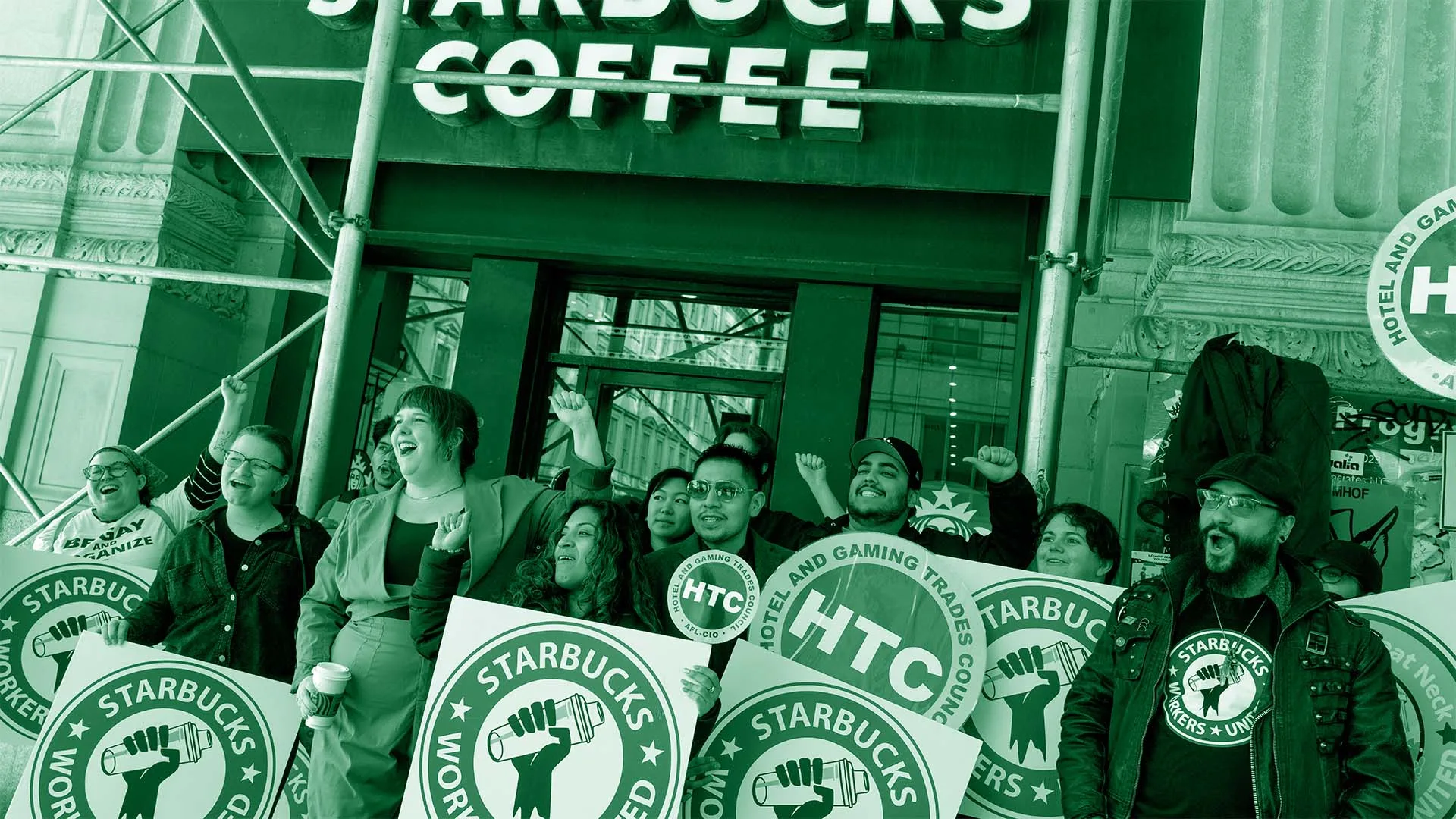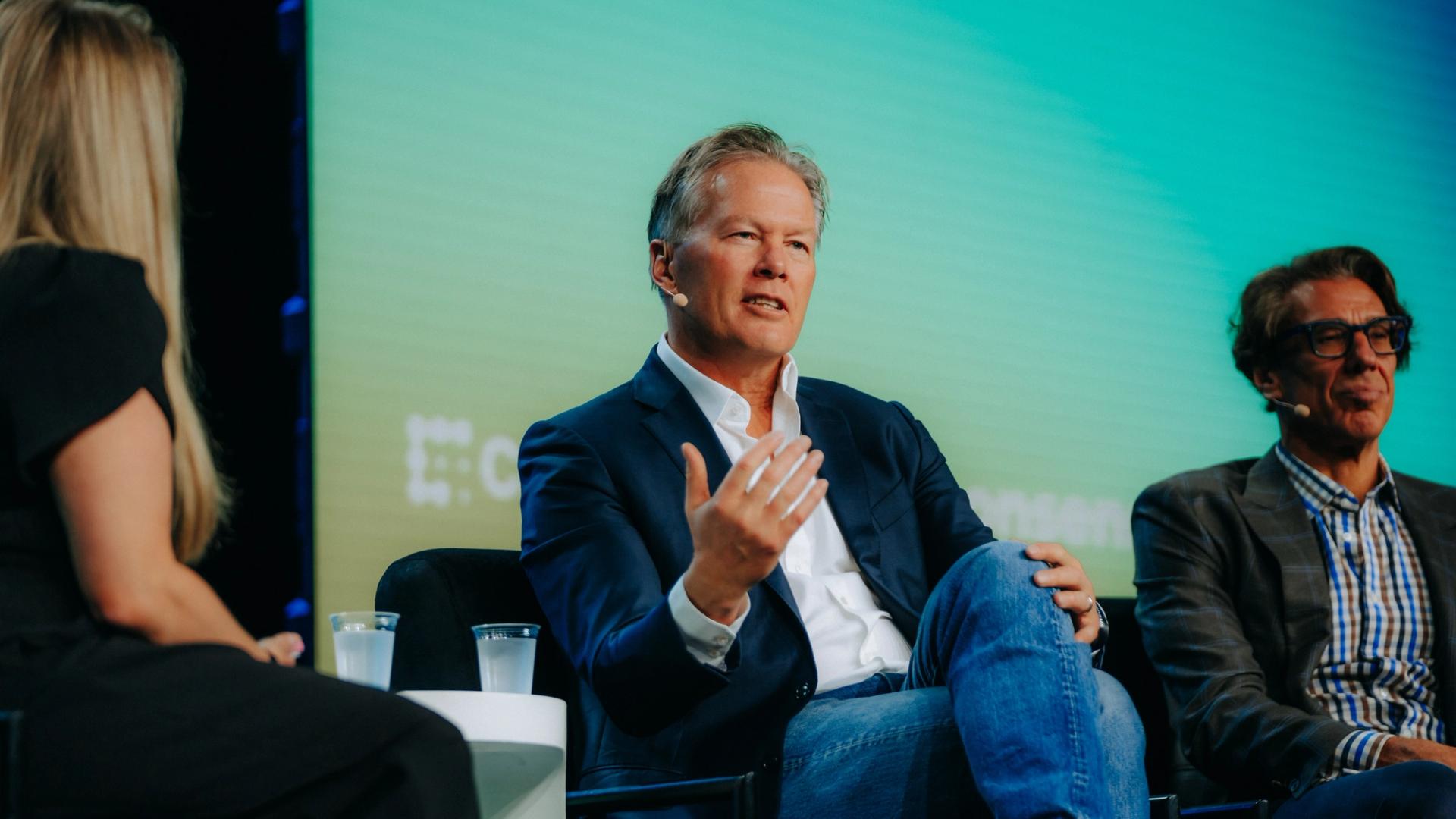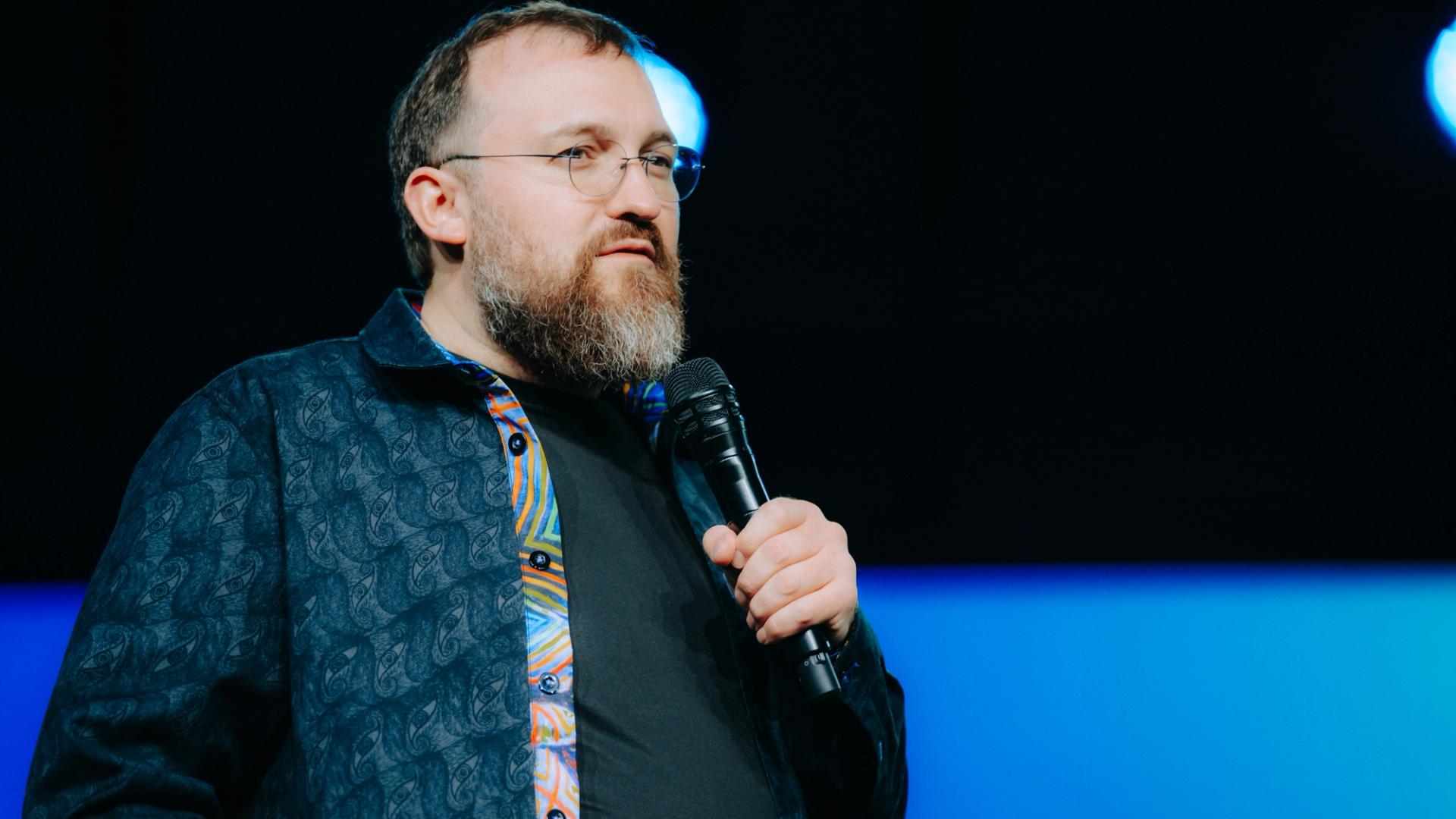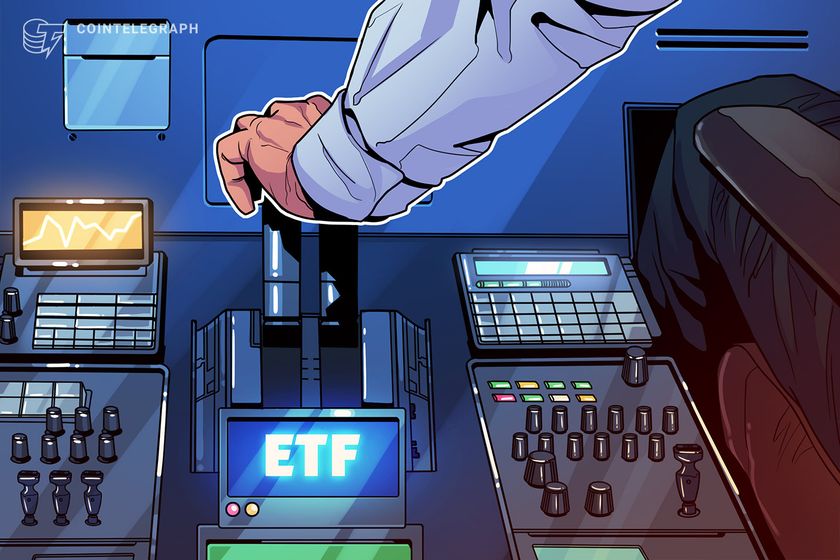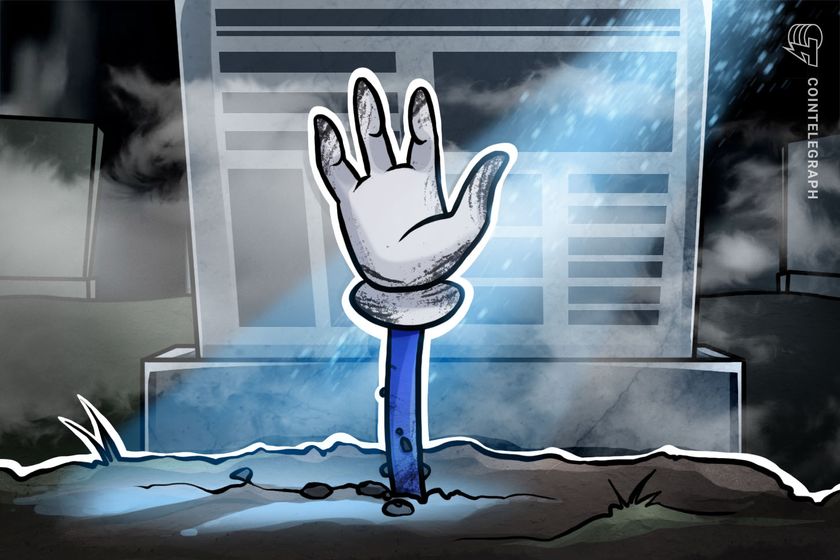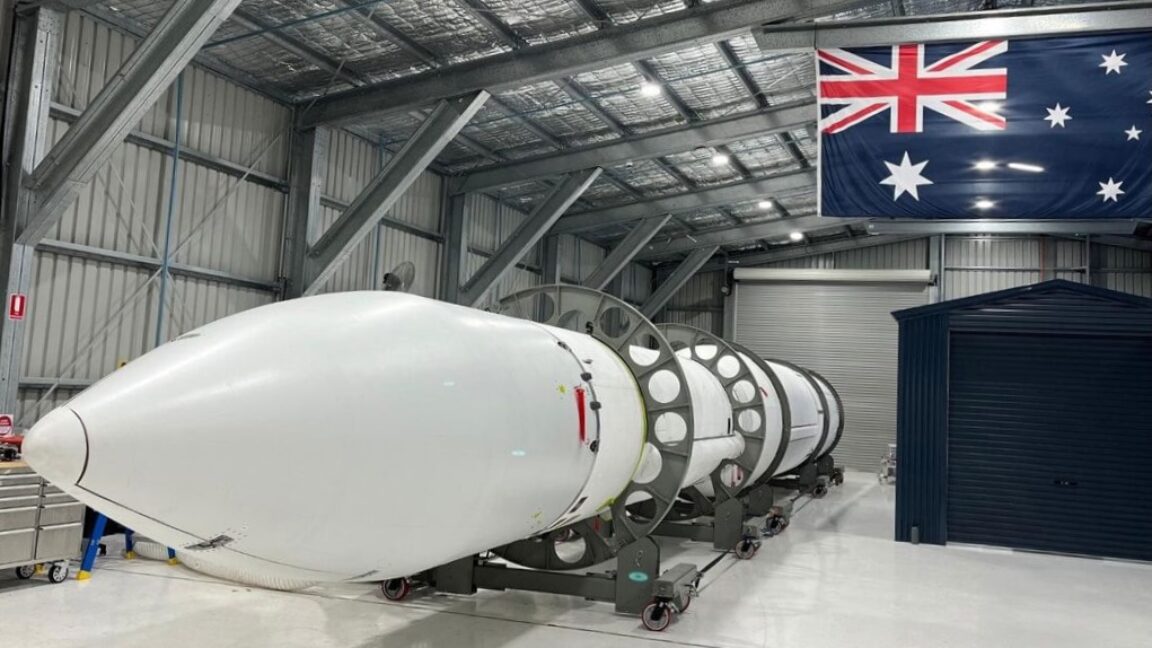‘Cruel optimism’: Mass layoffs take the shine off careers in the tech sector, UW research finds
Jobs in tech have been revered as well-paid, exciting, secure roles benefiting the greater good. But with 500,000 tech layoffs since 2022 — including 6,000 employees let go this week from Microsoft — and increasing worries about the societal impacts of artificial intelligence, that rosy outlook is dimming among technology employees. That’s the conclusion of new research from the University of Washington, based on a five-week study with 29 current or former tech workers who were laid off during a year-long stretch starting in November 2022. The paper, titled “The Cruel Optimism of Tech Work: Tech Workers’ Affective Attachments in… Read More


Jobs in tech have been revered as well-paid, exciting, secure roles benefiting the greater good. But with 500,000 tech layoffs since 2022 — including 6,000 employees let go this week from Microsoft — and increasing worries about the societal impacts of artificial intelligence, that rosy outlook is dimming among technology employees.
That’s the conclusion of new research from the University of Washington, based on a five-week study with 29 current or former tech workers who were laid off during a year-long stretch starting in November 2022.
The paper, titled “The Cruel Optimism of Tech Work: Tech Workers’ Affective Attachments in the Aftermath of 2022-23 Tech Layoffs”, revealed two prominent themes among the workers’ critiques, namely concerns about the “cult of technology” and tech as big business.
“Once drawn to promises of innovation, fulfillment, and solutionism, laid off tech workers displayed increasing disillusionment and alienation,” the researchers said.
The study included weekly reflections and conversations among the subjects, who spanned a wide range of ages and years working in tech. Their backgrounds included lower-level and senior roles as software engineers, product designers, data scientists, user experience researcher and other titles.
The study explored potential solutions to the challenges facing the tech sector, as most of the workers planned to stay in the industry.
The workers suggested “human-centered futures” where companies prioritized workers and society above a relentless drive for profits. They also discussed the potential for forming unions to promote workers’ rights, though participants had “mixed enthusiasm” for the idea, with some arguing that it ran contrary to the competitive, entrepreneurial mindset that’s often valued in tech.
While they collectively thought of system-wide solutions, the subjects’ day-to-day survival strategies were narrower in scope.
“We found workers managed their feelings of discontent through individual adjustments,” said Samuel So, a UW doctoral student in human centered design and engineering and lead author of the research, in an interview with UW News.
“For example,” So added, “some accepted that work is just work, and moving forward, they planned to act in their best interests and not in those of the company. While there is value in that shift, it also risks having workers isolate themselves in dealing with these problems or resigning themselves to the way things currently are.”
The researchers published their study on April 30 at the ACM CHI Conference on Human Factors in Computing Systems in Yokohama, Japan.
Other authors included: Vannary Sou, a UW undergraduate in the Information School, as co-author; and Sucheta Ghoshal, a UW assistant professor of human centered design and engineering, and Sean A. Munson, a UW professor of human centered design and engineering, as senior authors.
The research was funded by the National Science Foundation.










![SWOT Analysis: What It Is & How to Do It [Examples + Template]](https://static.semrush.com/blog/uploads/media/86/6a/866a1270ca091a730ed538d5930e78c2/do-swot-analysis-sm.png)




































